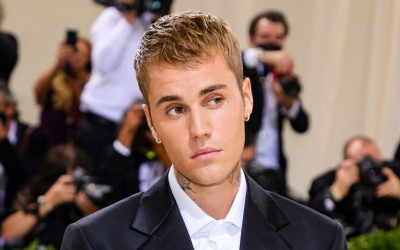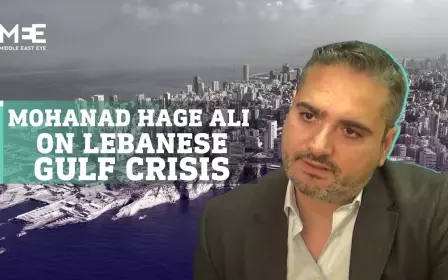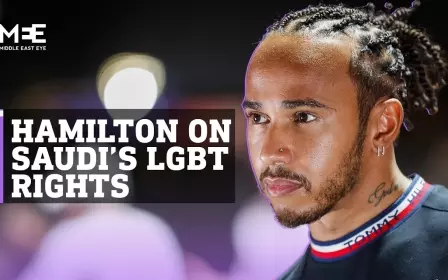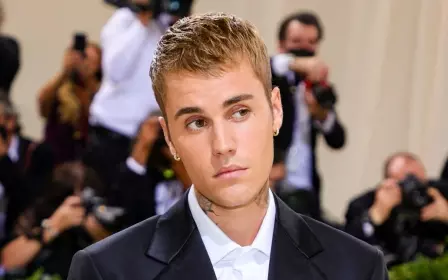Macron announces Saudi-French initiative to solve crisis with Lebanon
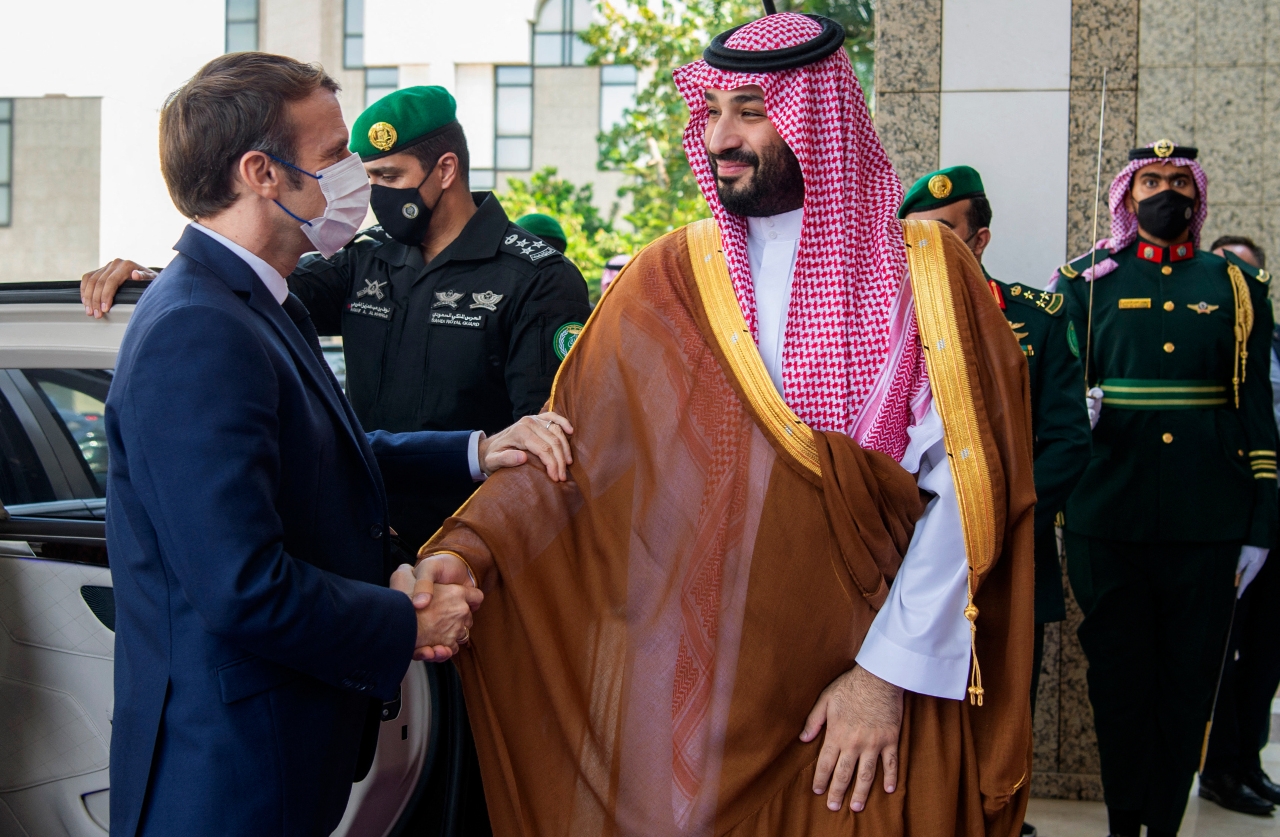
French President Emmanuel Macron announced on Saturday during a trip to Jeddah a Saudi-French initiative to solve a diplomatic row between several Gulf states and Lebanon.
Macron, who held talks with Crown Prince Mohammed bin Salman, said Riyadh had committed to supporting reforms in Lebanon, helping it solve its crisis, and preserving its sovereignty, the Saudi television channel Asharq TV said.
In October, Riyadh expelled Lebanon's envoy to the kingdom, recalled its ambassador to Beirut and banned Lebanese imports after then Lebanese information minister George Kordahi made critical remarks about Saudi Arabia's role in the Yemen war.
The United Arab Emirates (UAE) and Bahrain took similar steps against Lebanon following the Saudi move.
Kordahi resigned ahead of Macron's visit in an effort to ease the rift, saying he was acting in his country's interest to help end the dispute.
Macron said he and bin Salman had called Lebanese Prime Minister Najib Mikati to stress that Paris and Riyadh were committed to supporting Lebanon, Asharq said.
Mikati said on Saturday the call with the two leaders was "an important step" towards restoring relations with Lebanon's Gulf neighbours.
The Lebanese cabinet said in a statement on Facebook that Mikati stressed his government's commitment to make reforms.
Saudi Arabia and Iran have long battled for influence in the region, including in Yemen and Lebanon, the latter of which is struggling with a deep economic crisis and desperately in need of financial support from regional and international donors.
'Rehabilitating the Saudi prince'
In meeting with bin Salman, Macron became the first major western leader to step on the kingdom's soil since the 2018 murder of journalist Jamal Khashoggi.
Macron arrived in Jeddah after visits to the UAE and Qatar as part of a short Gulf regional tour.
France is one of Saudi Arabia's main arms suppliers, but it has faced increasing pressure to review its sales because of the Saudi-led coalition fighting Houthi rebels in Yemen, one of the world's worst humanitarian crises.
Speaking to reporters in Dubai on Friday, Macron rejected accusations that he was legitimising the crown prince, adding that the region's multiple crises could not be dealt with by ignoring the kingdom.
"We [can] decide after the Khashoggi affair that we have no policy in the region, which is a choice some can defend, but I think France has an important role to play in the region," said Macron.
"That doesn't mean we are complicit or that we forget."
Agnes Callamard, secretary-general of the rights group Amnesty International, said: "Whether it's the objective or not, [Macron's trip] contributes to a policy of rehabilitating the Saudi prince.
"It pains me that France, the country of human rights, is the instrument of this policy."
Business deals
While ties between Paris and Riyadh were warmer under Macron's predecessor, Francois Hollande, France has not reaped the business rewards.
The relationship has cooled in recent years despite Macron, prior to Khashoggi's murder, urging detractors to give time to the then 33-year-old leader-in-waiting.
A business delegation of about 100 companies, including TotalEnergies, EDF, Thales and Vivendi, is due to attend an investment forum during Macron's trip, Reuters reported.
Recent contracts have been few and far between, with most centred on the Al-Ula tourism project, which aims to bring to life the kingdom's Nabatean history, part of Saudi Arabia's diversification drive to wean its economy off oil revenues.
US uncertainty
Macron's visit comes at a time when Gulf Arab states have voiced uncertainty about the US focus on the region even as they seek more weapons from Washington.
Saudi Arabia has been frustrated by the approach of US President Joe Biden's administration, which has pressed Riyadh over its human rights record and the Yemen war and released intelligence indicating bin Salman had ordered Khashoggi's murder.
The crown prince has denied any involvement in the killing of the journalist in Riyadh's Istanbul consulate, an incident that sparked global outrage and tainted the de-facto ruler's image.
Despite calling for an end to the Yemen conflict, the US approved the sale of 280 AIM-120C air-to-air missiles to Saudi Arabia in November, in a deal valued at potentially $650m.
When the State Department approved the sale, a spokesman said it was "fully consistent with the administration's pledge to lead with diplomacy to end the conflict in Yemen".
Middle East Eye delivers independent and unrivalled coverage and analysis of the Middle East, North Africa and beyond. To learn more about republishing this content and the associated fees, please fill out this form. More about MEE can be found here.


